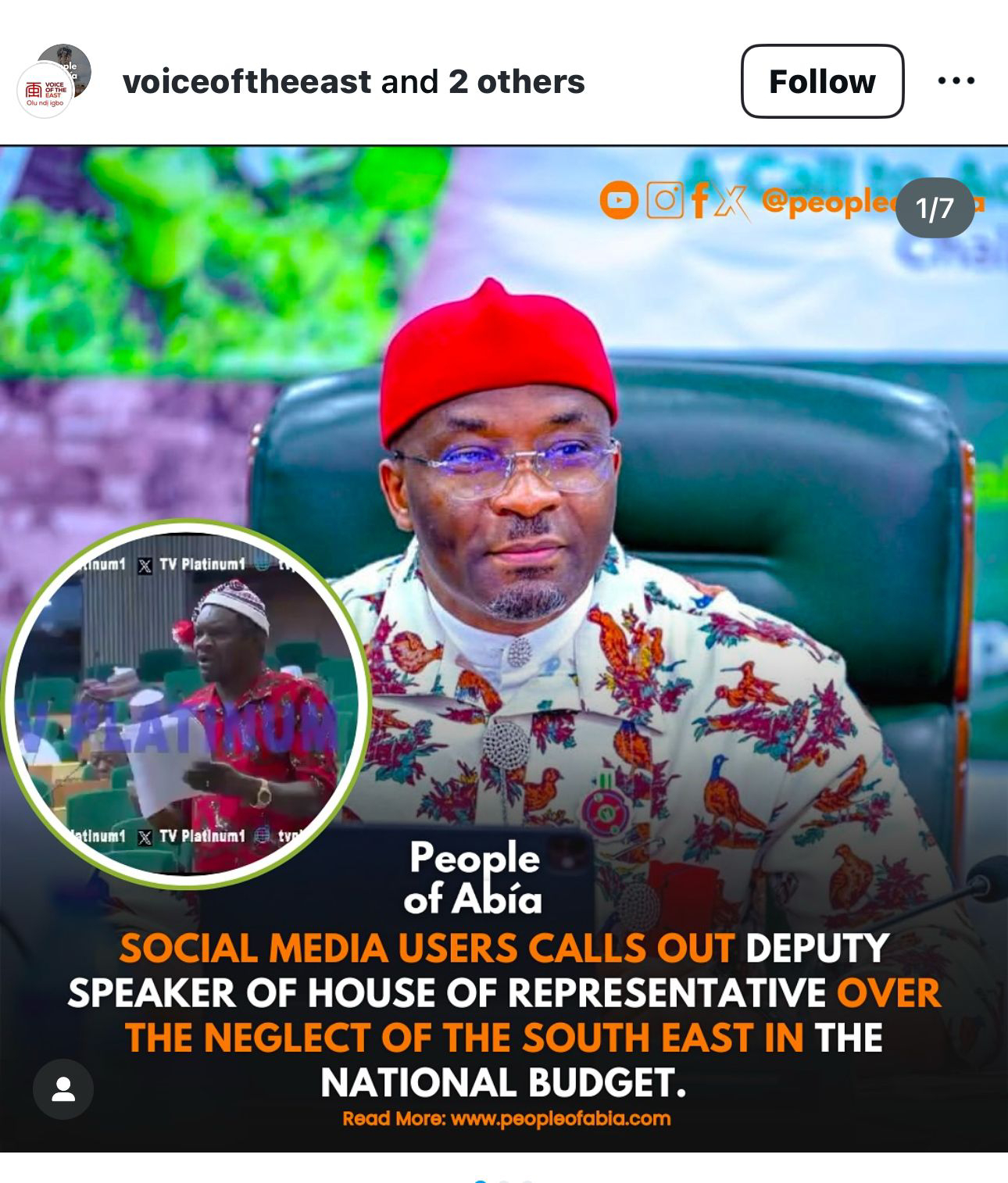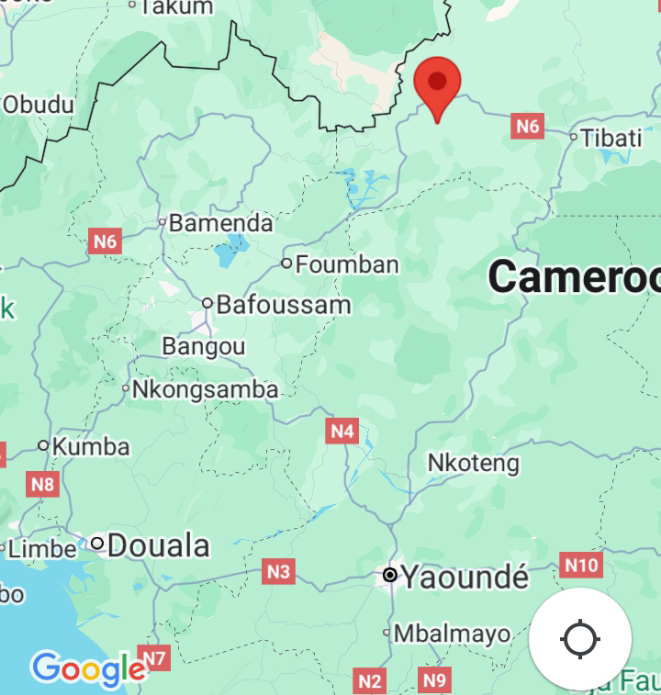Empower Youth To Curb Insecurity, Drug Trafficking, Social Vices, UYAN Urges Delta Governor, Other Stakeholders
In a resounding appeal for proactive governance, the Unemployed Youths Association of Nigeria (UYAN) has urged the Delta State Government, Stakeholders and well meaning organisations, to partner with youth-focused organizations to combat rising unemployment, drug abuse, and insecurity.
Speaking in Asaba during a youth-focused dialogue session, UYAN National Officer and Spokesperson for The Actual Voice of Truth and Advocacy Foundation" Comrade Chuba Okpuzor and The Delta State Chairman Comrade Gbenga Fajoye emphasized that empowering the youth through employment and skill development is the surest way to prevent the spread of drug trafficking, cultism, vandalism, and armed robbery.
“We are at a point where youth empowerment must become a top priority, not an afterthought,” said Comrade Gbenga Fajoye.
“The longer we leave millions of young Nigerians idle and untrained, the more we fertilize the ground for crime, drug addiction, and restiveness.”
While acknowledging strides made by Governor Sheriff Oborevwori’s administration, alongside other organisations domiciled within the state, in job creation and infrastructural development, UYAN leaders insisted that a deeper collaboration is needed between the government and grassroots organizations to ensure equitable access to opportunities.
“We commend Governor Sheriff Oborevwori for the ongoing infrastructural projects and his visible commitment to development, as well as The MD Tantita Security Services Ltd High Chief Keston Pondi, ” said Comrade Chuba Okpuzor.
“However, youth empowerment is a grassroots issue that requires a decentralized approach. The state must partner with credible organizations like UYAN to reach distant but deserving communities.”
Comrade Okpuzor further explained that while government/public private led initiatives have created jobs in some sectors, many young people, especially in rural and semi-urban areas, remain excluded due to limited access to information, poor connectivity, or political isolation.
“Though the governor and other stakeholders have done a great job in reducing unemployment in the state,” he said, “there is still a need to spread these efforts across all senatorial zones by leveraging credible youth-based associations.”
UYAN emphasized the link between unemployment and drug abuse, describing it as a vicious cycle that continues to claim the mental and physical health of Nigerian youth.
“When youths are jobless, they lose hope. When they lose hope, they turn to hard substances, and from there, many fall into criminal networks,” said Fajoye.
“This is not just a health issue — it’s a national security threat.”
The association also expressed concern over the surge in drug trafficking activities in parts of Delta State, noting that many youths involved in these illegal trades are driven by economic desperation.
“We must understand that the poor are not the architects of drug trade — they are victims,” Okpuzor said. “Without intervention, our youths will continue to be exploited by criminal syndicates.”
UYAN’s Proposed Solutions: Skills, Not Slogans
The officials outlined practical, community-based solutions, urging the Delta State Government, stakeholders and well meaning Nigerians, to support vocational training programs and invest in agricultural-based entrepreneurship for youth.
“We are willing and ready to collaborate with state and federal lawmakers — senators and members of the House of Representatives and credible organisations— to roll out skill acquisition programs in fisheries, poultry, snail farming, carpentry, welding, and more,” Okpuzor said.
He explained that skill-based development programs, if well funded and supervised, could offer a sustainable path out of poverty for thousands of unemployed youths across the state.
“We don’t need handouts. What we need is a platform to train, produce, and contribute to the economy,” Fajoye added.
“With the right tools, our youth can become employers of labor, not liabilities.”
Call for Unified Action Across Institutions
UYAN called on religious leaders, traditional rulers, and educational institutions to support the government’s efforts by creating safe, moral, and developmental spaces for youth.
“The fight against insecurity, drug abuse, and unemployment cannot be left to the government and a few organisations alone,” said Okpuzor.
“Civil society, schools, and families must all work in synergy.”
They also urged the Delta State Ministry of Youth Development to create a robust directory of credible youth-based organizations in the state, as a way of formalizing partnerships and ensuring accountability.
UYAN’s message is clear: empowering the youth is not merely an economic policy — it is a security strategy and a moral obligation. In a state blessed with resources and human capital, the cost of inaction is far too high.
“This is the time to act,” Fajoye concluded.
“If we empower the youth today, we will not have to battle the criminals of tomorrow.”
The ball, they say, is now in the court of Governor Oborevwori, stakeholders, multi-nationals and the Delta State leadership to rise to the occasion, bridge the gap, and make youth development a central pillar of peace and progress.



